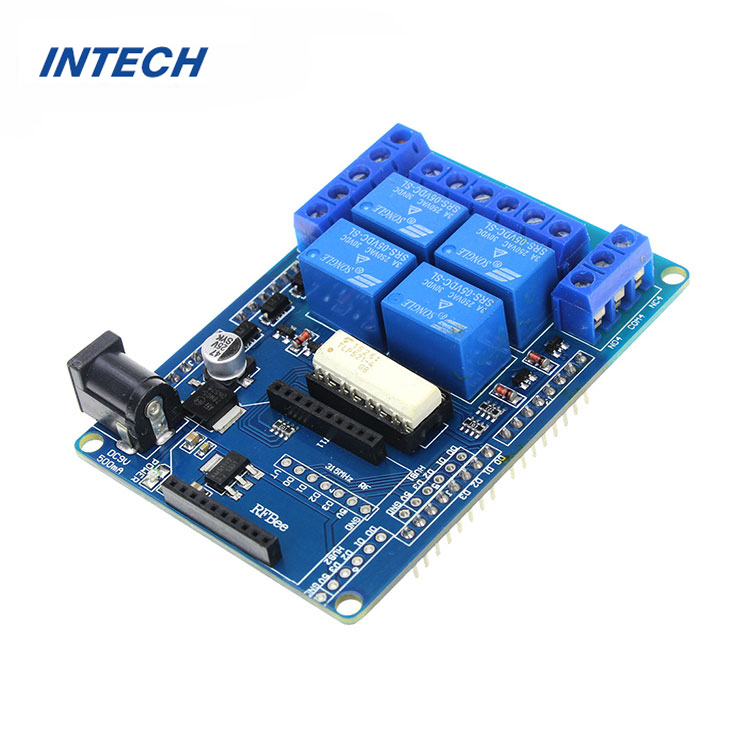What is the importance of PCB assembly?
Date:2023-07-25 17:16:04
Printed Circuit Board (PCB) assembly is a crucial process in the manufacturing of modern electronics. It plays a fundamental role in bringing electronic devices to life, from simple household gadgets to complex aerospace technology. PCB assembly involves the intricate interconnection of electronic components on a board, forming the backbone of electronic devices. This article delves into the significance of PCB assembly and how it shapes the electronics industry.
1. Efficient Electronics Production:
The assembly of PCBs facilitates efficient and standardized production of electronic devices. PCBs are designed with specific layouts that optimize the connection of components, reducing the need for manual wiring. This streamlined production process not only saves time and labor but also ensures consistent quality and reliability across mass-produced electronics.
2. Miniaturization of Devices:
As technology advances, the demand for smaller and more compact electronic devices continues to grow. PCB assembly enables the miniaturization of components and ensures their precise alignment. By carefully placing components on a PCB, manufacturers can create smaller, lighter, and more portable devices without compromising functionality or performance.
3. Enhanced Electrical Performance:
A well-designed PCB assembly ensures minimal signal loss and interference, leading to improved electrical performance of electronic devices. Properly routed traces and well-placed components reduce the chance of signal distortion and crosstalk, resulting in higher efficiency and overall reliability.
4. Cost-Effectiveness:
PCB assembly contributes significantly to cost-effectiveness in electronics production. Automated assembly processes enable mass production, leading to economies of scale that lower the per-unit cost. Additionally, the reduction in manual labor and the potential for fewer defects during assembly further contribute to cost savings.

5. Design Flexibility:
PCB assembly offers design flexibility, allowing engineers to create customized boards tailored to the specific requirements of each electronic device. Manufacturers can choose from single-layer, double-layer, or multi-layer PCBs, depending on the complexity and functionality of the product. This adaptability in design fosters innovation and the development of advanced electronic applications.
6. Reliability and Durability:
Reliability is of utmost importance in electronic devices, particularly in critical applications like medical equipment or aerospace systems. PCB assembly ensures that components are securely mounted and correctly connected, reducing the risk of failure due to loose connections or vibrations. The durability of the PCBs also enhances the lifespan and performance of electronic devices.
7. Time-to-Market Advantage:
In today's competitive electronics market, time-to-market is a crucial factor for success. PCB assembly accelerates the production process, enabling manufacturers to meet consumer demands and release new products quickly. Efficient PCB assembly also allows for rapid prototyping and iterative design improvements, leading to faster innovation cycles.
8. Environmental Impact:
With increasing concern for the environment, sustainable manufacturing practices are becoming essential. PCB assembly contributes to eco-friendly manufacturing by reducing waste, energy consumption, and harmful emissions. The use of lead-free solder and eco-friendly materials in PCB assembly aligns with global efforts to promote greener electronics.
Conclusion:
In conclusion, the significance of PCB assembly cannot be overstated in the world of modern electronics. It serves as the backbone of electronic devices, enabling efficient production, miniaturization, enhanced electrical performance, cost-effectiveness, design flexibility, reliability, and a reduced time-to-market advantage. As technology continues to evolve, PCB assembly will remain a critical process, shaping the future of the electronics industry while also striving towards sustainability and eco-consciousness.
